Profile Page
Welcome. This profile page contains information about me and some work samples.
Contact: waackphilipp [at] gmail.com
waackph
About me
Hi, I am Philipp. I am currently working as a developer with an interdisciplinary overlap between data ethics, data governance and data science.
I have multiple fields that I am interested in:
- Data: I am interested in the use of data to create added value, taking into account data ethical aspects, such as transparency, and establishing governance framework for data and data processing.
- Journalism: I am interested in journalism, especially the intersection of quantitative methods and visualization with qualitative journalistic storytelling.
- Video Games and interactive storytelling: Another big passion of mine is developing video games, where many different art forms come together. See show cases of games here.
Career
- Currently: CORRECTIV
- 2023-2024: Developer at VDI/VDE-IT
- 2019-2023: Developer at acs plus in the role of a Data Governance Expert
- 2016-2019: Master of Science; Computer science, Humboldt Universität zu Berlin; Thesis: Empirical study about the influence of social dimensions on the SCHUFA-Score
- 2012-2016: Bachelor of Science; Media and computer science, Technische Universität Dresden; Thesis: Benutzbarkeitskonzept für VPN-basierte Anonymisierung mobiler Geräte
Work Samples
Data analysis and visualizations
Case study about the influence of social dimensions on solvency scores
The result of this project is the master thesis Empirical Study about the Influence of Social Dimensions on the SCHUFA-Score. The data set the analysis is based on is provided by the openSCHUFA project which consisted of the AlgorithmWatch Initiative and the Open Knowledge Foundation in 2018. A structured form of the data set for this thesis was provided by the data team of SPIEGEL Online.
The goal of the study is to analyse the influence of selected social dimensions on the different versions of selected sector scores of the SCHUFA solvency score. This is meant to start a discussion on how algorithmic systems potentially take part in reproducing a disparate distribution of resources by explicitly using or implicitly reflecting social dimensions in the output they produce. What parts of it do we as a society accept and what needs to be taken into account by the constructors and users of such algorithms?
In this project the discussion takes place along the case study of the SCHUFA solvency scores.
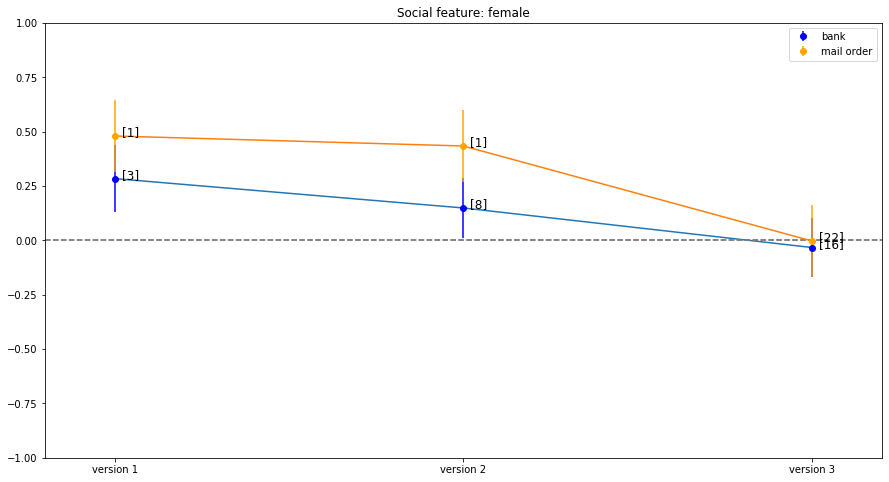
Standardized coefficient of the linear regression of female feature per version of the bank and mail order sector score
A key result was the analysis of influences of the selected social dimensions of age, being female and being from historic east part of germany on selected sector SCHUFA scores banking and mail order w.r.t. all three versions of the scores. The figure is a summarizing but also simplifing result. It shows a small positive effect especially in the mail order score when being of female sex in the openSCHUFA data set. This effect reduces heavily with the score version. The analysis was conducted using a multivariate parameteric linear regression model and a non-parameteric gaussian processs model. Both have indicators concerning the influence of dimensions. The data set for each analysis was prepared using a matching algorithm to control for other possible predictive features.
A main challenge of the project were the limitations of the data set with its many biases and the missing information of how the SCHUFA scores are actually build. Hence, the results can only be viewed in context of the analysed data set. Nevertheless, it provides interessting points that can be discussed further. More information can be found here.
Corona Pandemic Visualization examples
The project is the result of some experimenting and exercise with data related to the corona pandemic. Data sets from different sources are used to analyse questions such as: What influence had the dominant covid variant on the number of covid cases?
First, a simple descriptive analysis has been done using a jupyter notebook in python. The resulting interactive versions of the plots are implemented with D3.js and Bootstrap.

More information can be found here.
Game Development
Conscious Game Engine
The conscious game engine consists of the game mechanics implementation which consistutes the game engine backend - created in Monogame C# framework - and the content generation tool - implemented as a web application with React.js as frontend, Express.js as backend and MongoDB as NoSQL database. See more information also on itch.io.
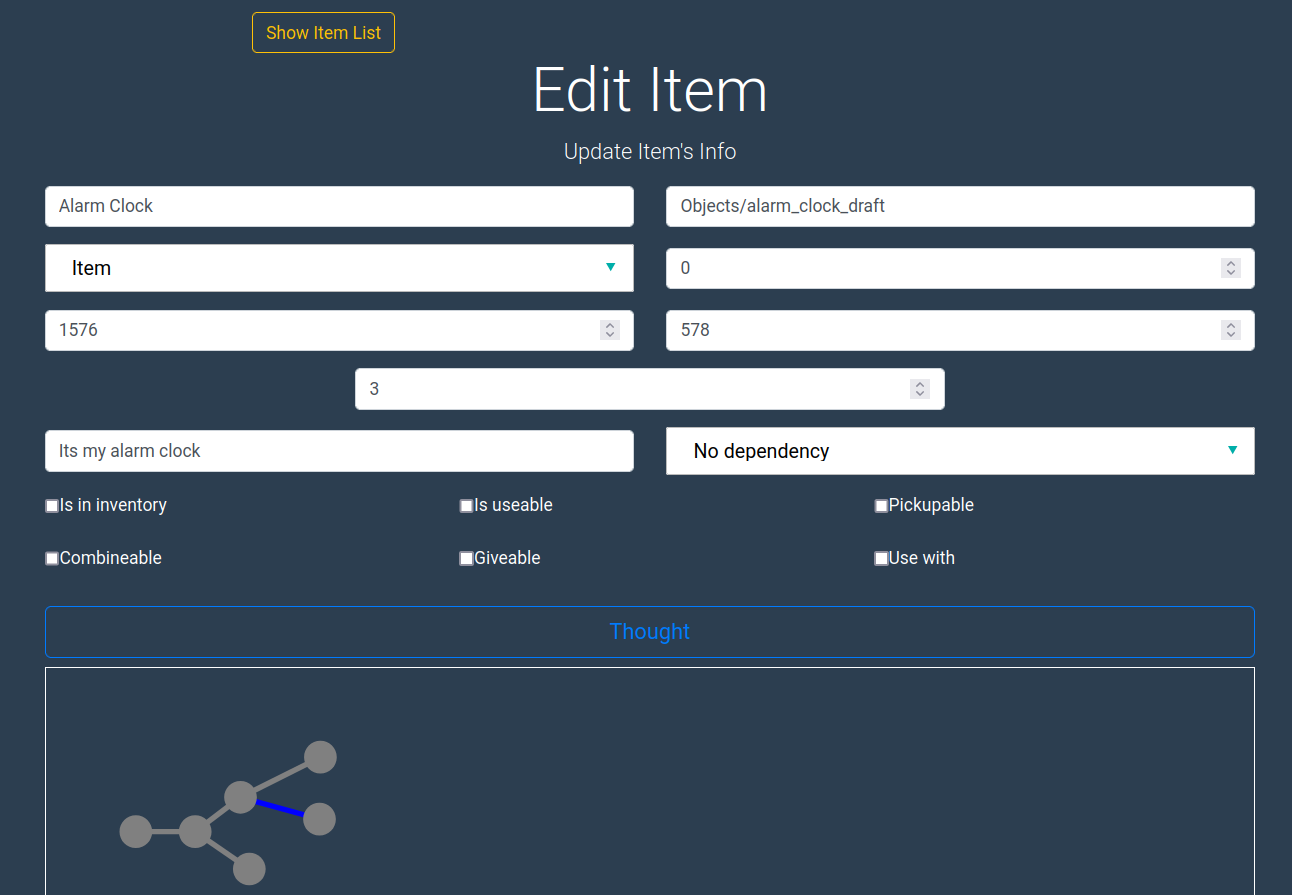
Getting Up is Hard
A small point-and-click prototype created with the conscious game engine, which is based on the Monogame C# Framework. See more information at itch.io.
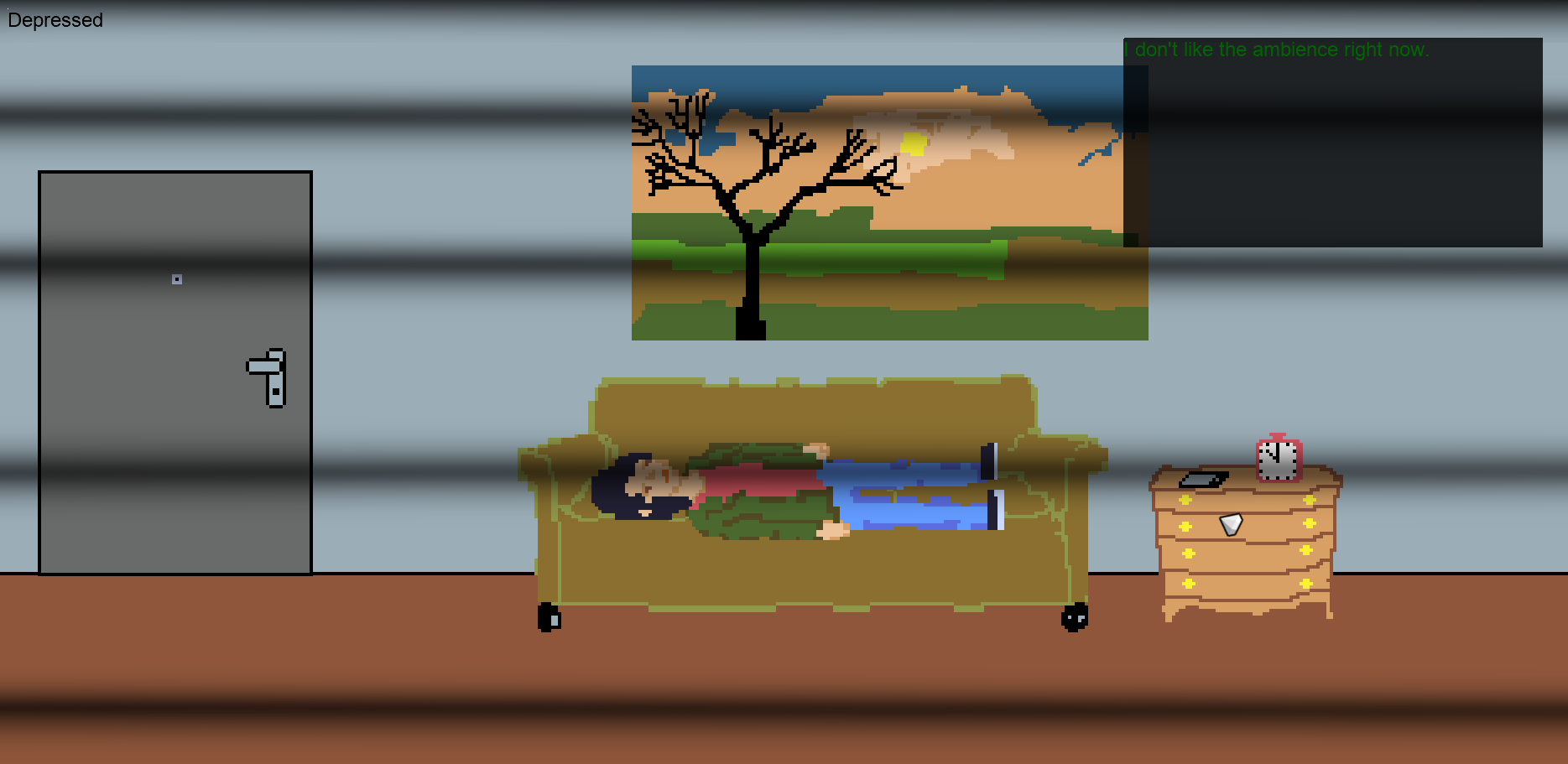
The Power Outage Incident
A small text adventure prototype in plain C#. See more information at itch.io.
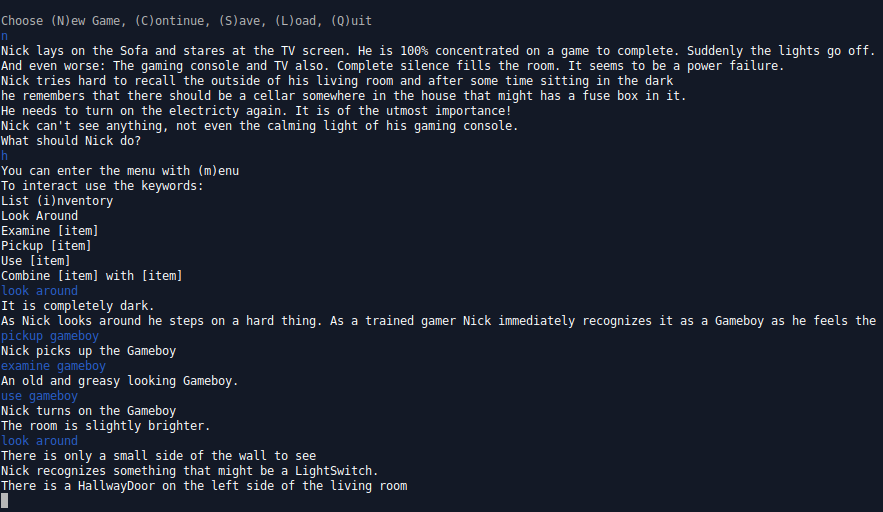
HellSkate
A little prototype of a 2D arcade side-scroller game created with Unity. The player is a skater that has to ollie over or dodge obstacles on a three lane level.The goal is to reach the end of the level. See more information at itch.io.
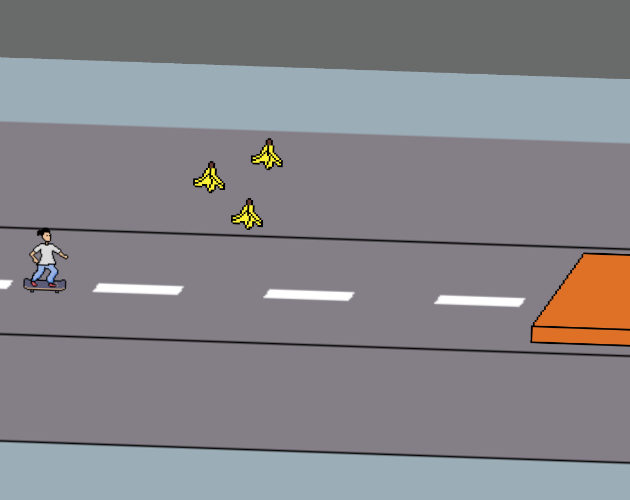
Medieval Space Eel Collector
A 3D side-scroller game resulted from the one-day Mini Jam Berlin in a team with four members. The player controls a medieval spaceship to reach the home planet. On the way, the player must avoid meteoroid flying around and collect electric eels, food, and engine parts. Those resources can be used or traded for health or morale. See more information at itch.io. See also the GitHub project.
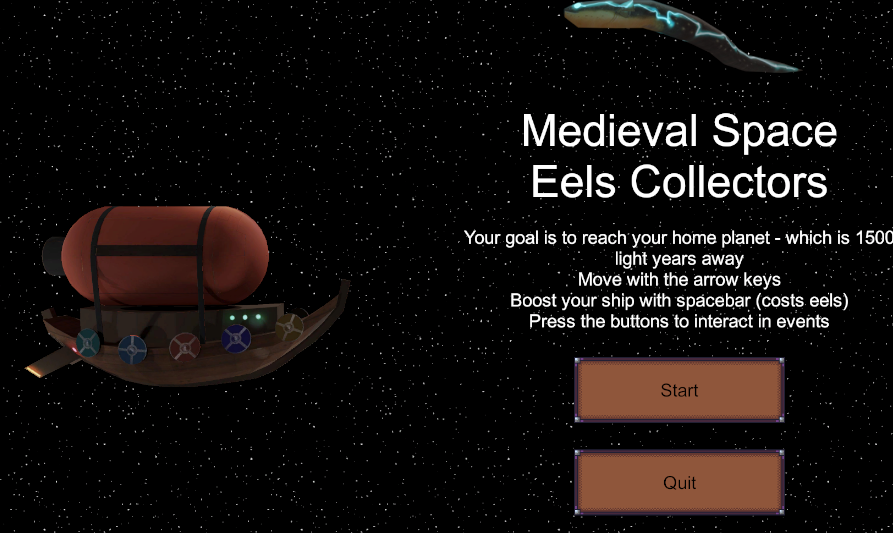
Contact
- You can contact me via E-Mail: waackphilipp [at] gmail.com
- My GitHub Profile
- My itch.io Profile